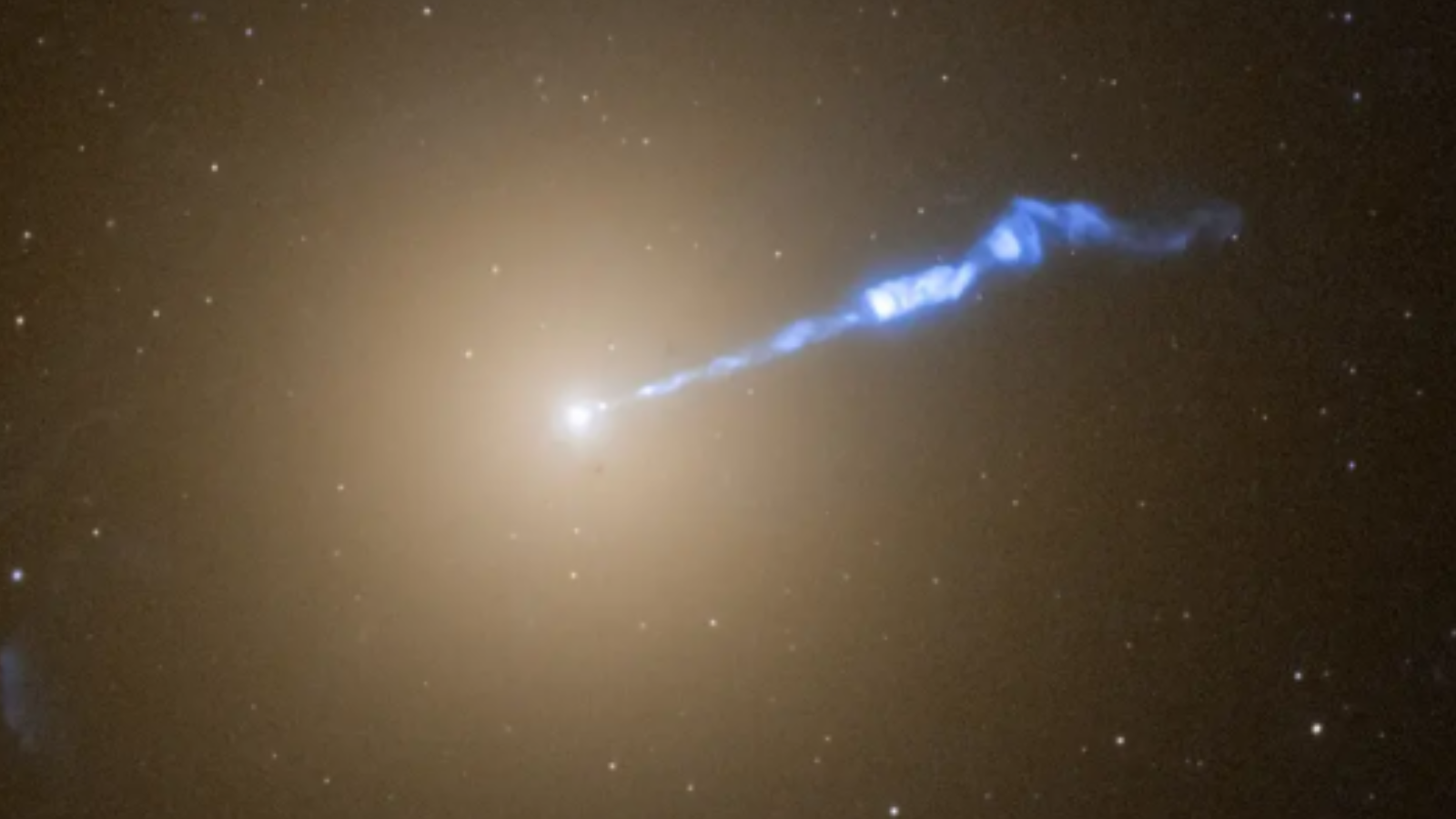Reacting to Disaster
The scenario is familiar from Hollywood blockbusters like Armageddon and Deep Impact. A massive asteroid--perhaps ten miles in diameter--is headed straight for Earth. An all-out effort to deflect it is mounted. If the mission succeeds, civilization as we know it will continue.
But if natural human reactions to threats interfere, the ending could be far from uplifting. If fear and denial postpone an adequate response, dust and debris could make the daytime sky look like night, the Earth's surface could be razed by a global firestorm, and tsunamis could obliterate coastal cities.
In theory, threats from space may be detected far in advance of their arrival, giving plenty of time to deflect them or at least prepare for the aftermath. But that's in theory. "What we may actually get," says psychologist Albert Harrison, "is an obsessive focus on a very constricted range of options, a refusal to consider or integrate new data, defensiveness that prevents decision makers from appreciating threats and developing alternatives, and panicky, ineffective last-minute choices."
The result would be devastating. "In some respects," Harrison suggests, "post-impact Earth may resemble an off-world destination: a dangerous place bombarded with harmful forms of radiation, a toxic atmosphere, and little or no useful vegetation." If some part of humanity survives, its future may be bleak. In the case of extreme destruction, Harrison says, "hopes generated by looking forward to emerging from shelter will be overpowered by the realities of living on a dead and barren planet."
The Human Response
As a social psychologist at the University of California at Davis, Harrison has long contemplated the impact of space, ranging from long-duration spaceflights to the societal implications of detecting life beyond Earth. His emphasis is squarely on the human factor, as is evident from the subtitles of several of his books, including Spacefaring: The Human Dimension and After Contact: The Human Response to Extraterrestrial Life. Recently, Harrison has turned his attention to a different sort of impact from space: the threat of a massive Near Earth Object (NEO) that could wipe out civilization as we know it. "If volcanic activity or a NEO strike were sufficiently energetic to produce the equivalent of a nuclear winter," Harrison says, "there would be no speedy return to normal."
At some level, we can anticipate life in a post-impact world by looking at other natural disasters. But the scale of destruction makes many comparisons irrelevant. We might expect to see heroic acts of altruism and charity following such a catastrophe, for example, but the magnitude of the devastation may limit the role that good intentions can play. "Following a major NEO impact," Harrison explains, "there may be no rich people to aid the poor."
Breaking space news, the latest updates on rocket launches, skywatching events and more!
But given our natural ways of coping with disasters, fear and denial may be the critical factors that threaten humanity's very survival. Learning of an impending NEO impact might well lead to responses akin to those observed by psychiatric social worker Terrance O'Connor when people face environmental problems--or refuse to face them. "Avoidance reactions are common," he notes. "Most boil down to 'I don't want to hear about it,' or 'It's not my responsibility.' Some people convince themselves that 'it's not happening.'"
Clinical psychologist Sarah Conn describes a similar reaction to threats. "We feel either overwhelmed by or removed from what we learn about environmental deterioration," she suggests. "We become helpless or indifferent in the face of it, and unable to respond except with numbness and denial." In the face of an impending NEO impact, similar denial may have irreversible consequences.
Strategies for Survival
What then should we do if danger is upon us? The key, Harrison notes, is to remain open to new information that pours in during the weeks, months, and years following the first detection of a menacing NEO.
Such openness will be difficult to maintain in tense and ambiguous times. In spite of our natural tendency to choose quickly one plan of defense and stay with it, it will be critical to evaluate alternative strategies as updated information comes in.
At each step of the way, if we can anticipate our automatic responses, we can beware of their potential problems. For example, a natural tendency will be to focus on the view of the majority, excluding alternative solutions. And yet, innovative approaches that take into account new data or different perspectives may be the key to survival. But what, practically, can we do to promote more productive responses?
First, we need to be aware of our tendency to latch quickly onto one answer, even when subsequent information calls it into question. To guard against such uncritical acceptance of one position, some key decision makers may be selected to play the role of devil's advocate. By sanctioning the role of dissident, unpopular but potentially vital alternatives can be explored, providing one safeguard against monolithic "groupthink."
"Of course the ultimate protection for our race," suggests Harrison, "is dispersal beyond our home planet." In tandem with preparations to protect the welfare of Earth-bound people, colonies might also be established on other planets. "Dispersal throughout the solar system will not necessarily protect us from all risks," he acknowledges, "but we would be far better protected from extinction than we are right now."
- VOTE Now! The Best Space Images of 2005
- Asteroid Apophis: Dealing with Earth's Future Troublemaker
- Catastrophe Calculator: Estimate Asteroid Impact Effects Online
- Asteroid Probe Yields Insight For Planetary Defense
